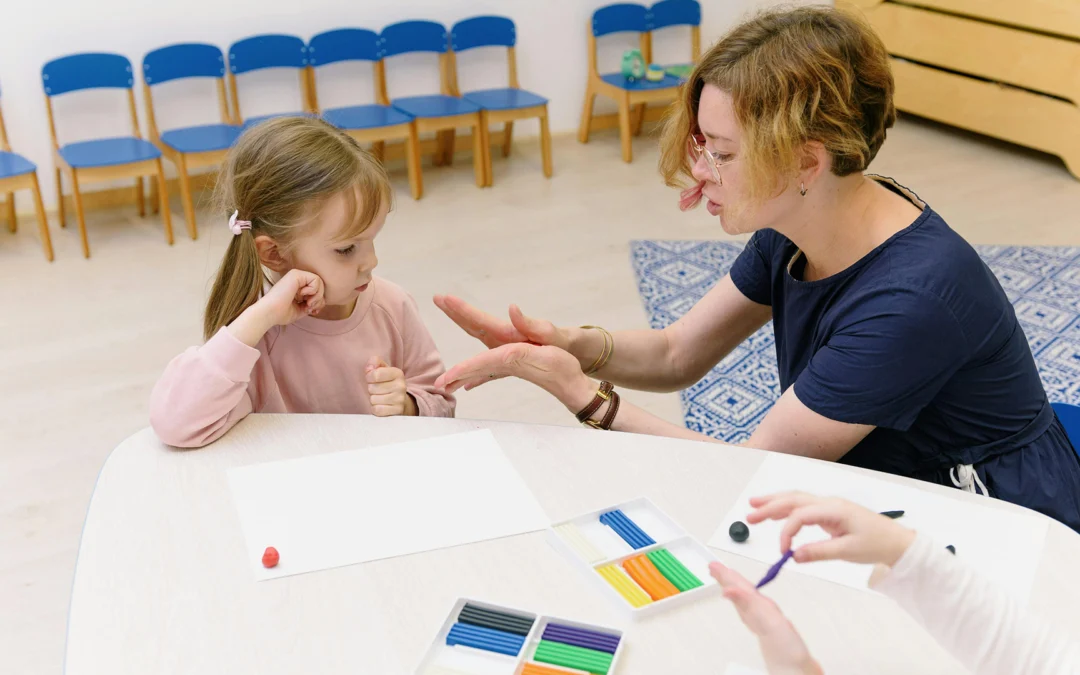The Speld Qld Team of Education Advisors receive hundreds of calls each year where parents, carers and guardians report that their child is being supported well in their school setting. The classroom teachers are aware of the young person’s additional needs and are making suitable adjustments to ensure their access to the curriculum is on an equitable basis.
Unfortunately, we also speak to quite a number of frustrated parents who report little awareness of, or support for children with either a diagnosed, or yet to be diagnosed learning need, or a learning difference that impacts their progress. In this, and all cases to be honest, we recommend parents advocate for their children’s needs.
For parents in this context, advocacy means getting support from another person to help you express your views and wishes, and help you stand up for your child’s rights. What that means in the real world is that you might need to become a persistent, possibly slightly annoying parent which the school knows will follow up how and when adjustments are being accessed and will chase them up if they are not made available.
The reason to advocate for your child’s needs, apart from ensuring your child has equitable access to the curriculum, is that the school has an obligation to make relevant adjustments to support individuals. These are legislated in the Disability Standards for Education (2005) and the Disability Discrimination Act (1992). The Queensland Curriculum and Assessment Authority (QCAA) outlines their principles of Equity in education on their website.
QCAA’s commitment
The QCAA is committed to Queensland students accessing a fair and just, inclusive education which provides:
- Socially and culturally responsive and inclusive teaching, learning and assessment
- Access and participation for all learners, on the same basis as their peers
- Adjustments, where required, to enhance engagement and equitable outcomes for all students
- Acknowledgment of the diverse bodies of knowledge, backgrounds and families of all students.
As our team often say to parents, a lot of the value in the psychoeducational assessments carried out by our psychologists is that the assessment reports have recommendations and strategies that schools should be able to take and implement in a straightforward manner. The assessment reports are valuable as the strategies line up with those reasonable adjustments in bold above, that can help pupils access their education on the same basis as their peers.
How to advocate for your child
Be informed
Improving your understanding of your child’s additional need and the ways a school can support them is always going to help. Please remember that understanding the causes and effects of, for example, dyslexia is very useful. However, there is no generic dyslexic pupil, so the support that is needed is going to be very individual to each individual.
The assessment report will provide a list of recommended and individualised supports which are based around the person’s individual profile. These supports are recommended to support the individual who was assessed. For example, having a reader and a scribe available may be useful for some, their use may not be appropriate for all.
Check the recommendations and strategies, ask the person being supported what works for them, then approach the school with a list of effective supports that can work for your child.
Build relationships
Schools have staff who may change roles, or are replaced. Pupils progress through each academic year and build relationships with a new team of teachers as they go. New faces mean that your child’s needs will need to be passed on to whoever is currently best placed to support them. Hopefully, your school’s learning support team will make new staff aware of any additional support needed, possibly through the use of a learner profile (the name of which will vary between school settings).
Communicate regularly
In case your child’s needs are not distributed, email staff at the beginning of each year, semester, or term, or in the run up to an exam block. Outline the supports that are currently working for your child, or update staff on how those needs have changed. As pupils develop, their support needs can change so please check in with your child to ensure the supports you are advocating for are still useful, and listed in the most current assessment report.
If you are heading into a meeting with your school, prepare a list of questions or points for discussion. Before you leave the meeting check that any items that need to be actioned have a follow up date, hopefully with a suitable person to provide feedback. Remember, you are part of a team working toward improving the adjustments provided to your child, but also the other pupils in their class who may also need support.
Self advocacy by pupils is a great thing to work toward. If your child is happy to let staff know the adjustments they need, it can build ownership, independence and confidence. However, classrooms are busy places, staff can be seen as scary and unapproachable and the desire to not stand out may be overwhelming. Encourage self-advocacy, but it may arrive in very small steps.
Keep calm and carry on – advocating for your child
It is likely to be a long and stressful journey but any advocacy by you that can ensure relevant adjustments are consistently in place will take a big cognitive load off your child. Knowing they can go through their school day using strategies to reduce or work around their additional need removes a big stressor from pupils that may already be struggling to keep up.
Be that slightly annoying parent who will pop up in a teacher’s inbox, or in person to remind them that some of their pupil needs a bit more support. When they understand that the easiest way to not have to deal with you is to support the pupils in their class, hopefully adjustments will be consistently in place.
Is your child experiencing learning difficulties?
Support your child’s future with Speld Qld.
Psychologists available now!








